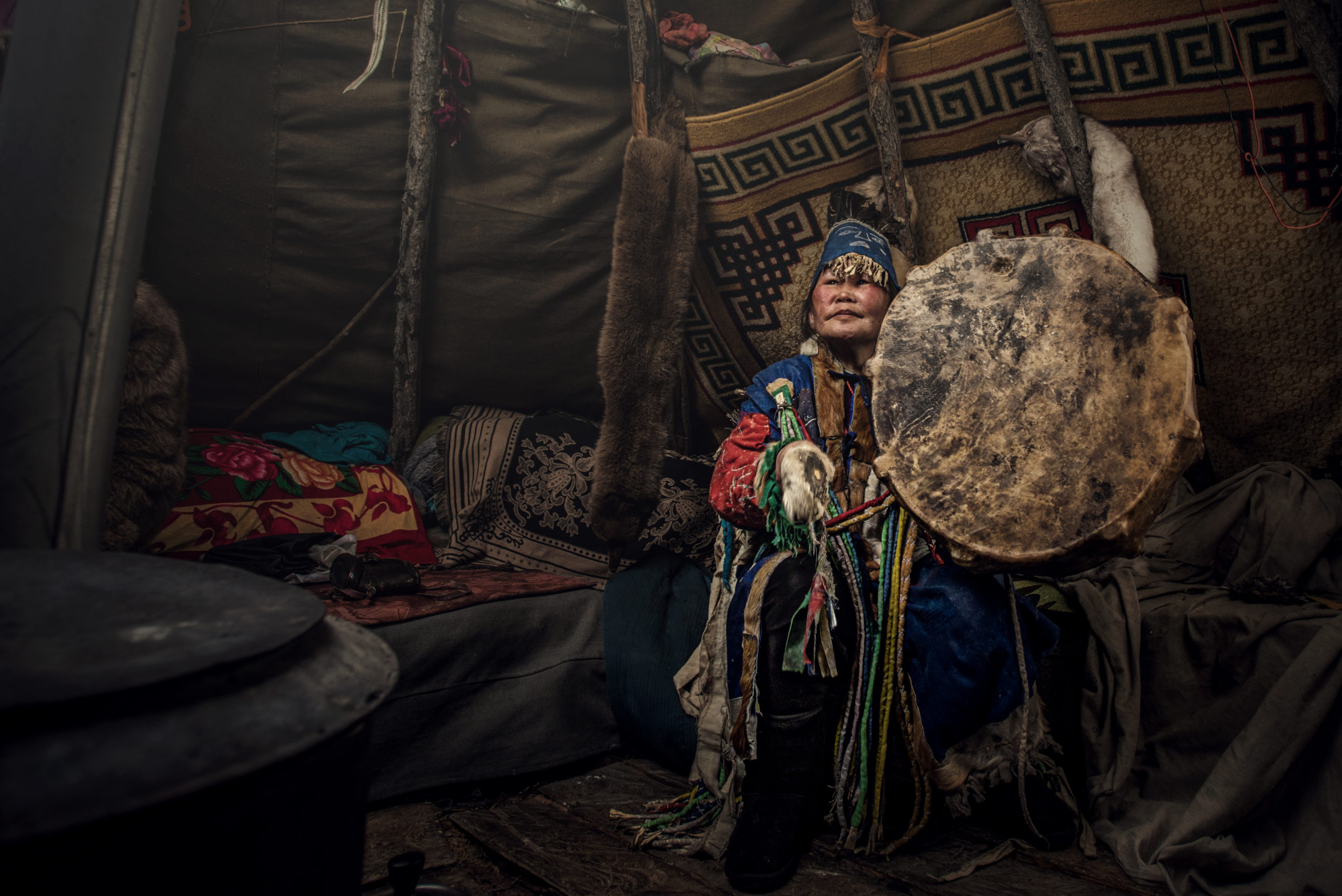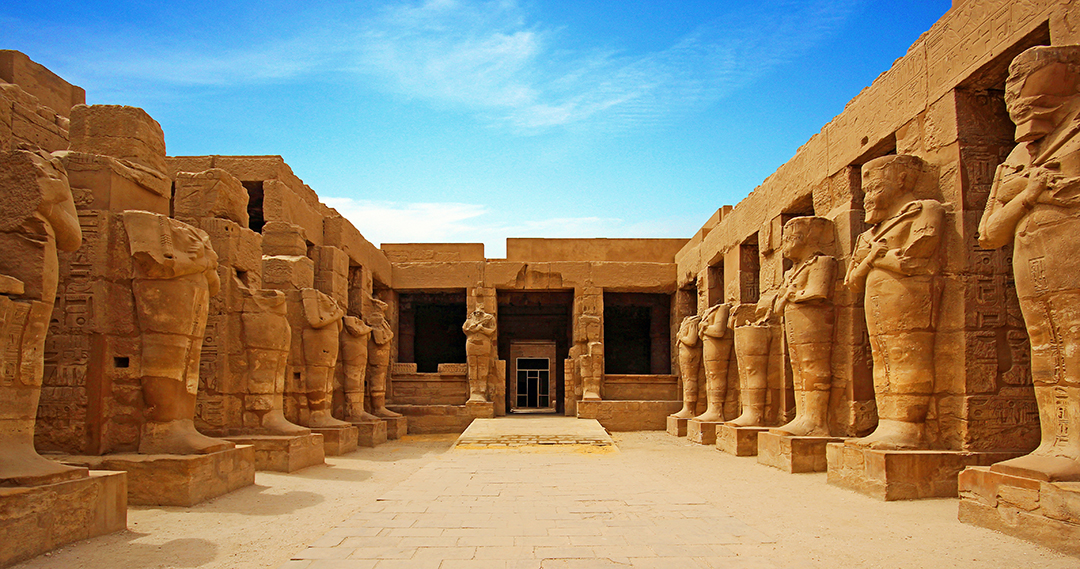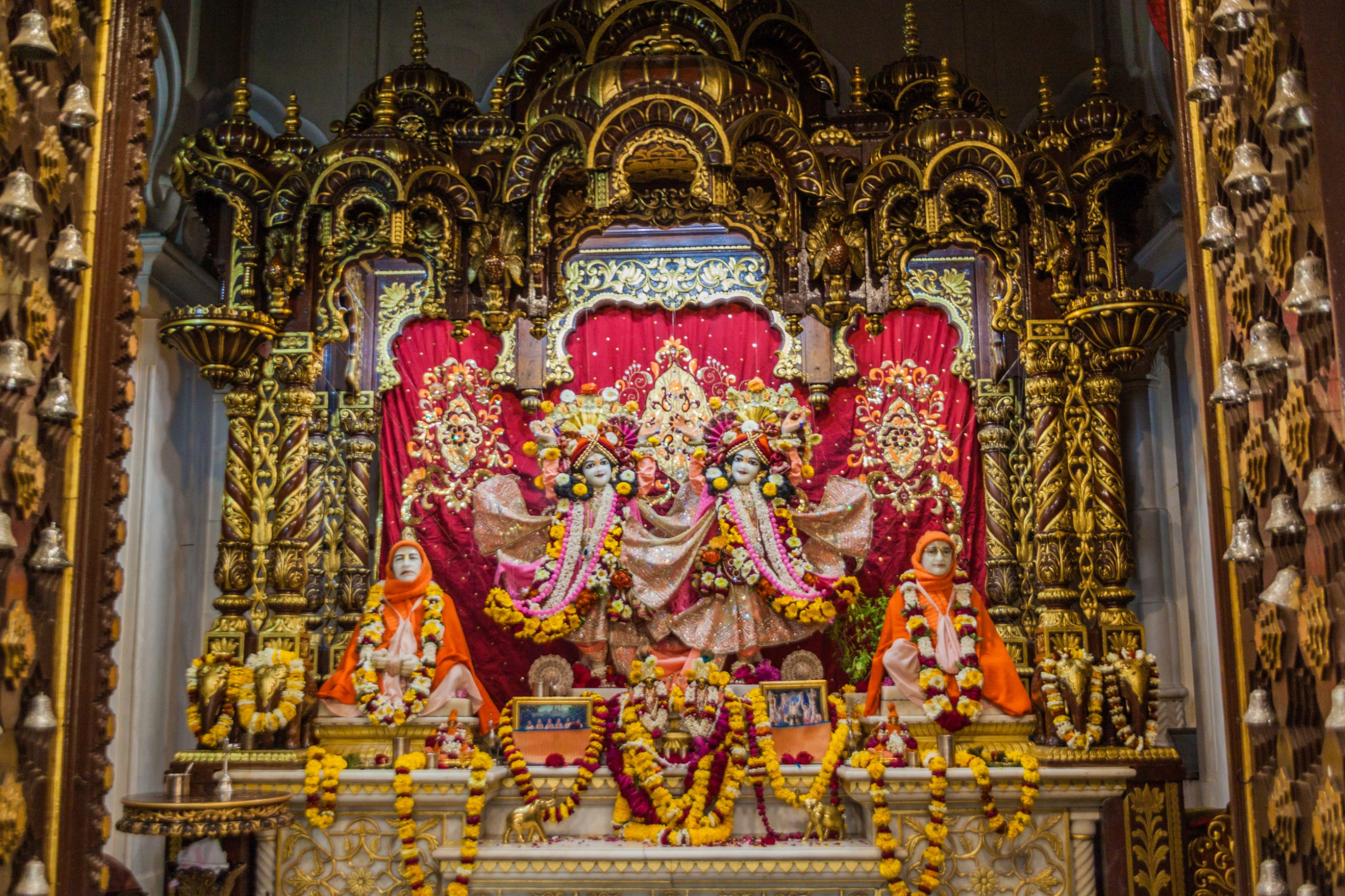In my view, religion is composed of two main elements: 1) spiritualism and 2) cultural identity.

Early forms of religion evolved out of humankind’s spiritual quest, a need that remains largely unchanged
Spiritualism springs forth from the existential questions that trouble mankind, such as: the meaning of life and death, the nature of our creation, origins and purpose, our place in the universe, if there is a purpose to it all, if there is an afterlife and what happens to the spirits of the departed. Long before mankind could provide answers for natural phenomena using scientific explanations or rationalise random occurrences that can affect everyday life, humans looked to a mystical world that may or may not exist for answers.
Thus was born religion, in its earlier form manifested in what we call Animism, which in turn evolved into Shamanism. By the time of the Neolithic age, when farming communities began to abandon the time-consuming hunter-gatherer way of life and settle in small villages, there was enough surplus of production to support an elite that didn’t contribute to food production but produced warriors, rulers, administrators and priests. The outcome was the emergence of the state, the clergy, the class system, the beginnings of modern society and also its longstanding pillars – king, country and God.
It was during this period that the spiritual element was joined by a code of conduct, rules, rites and traditions that have become the essence of different cultures the world over. In this form, religion, culture and regional identity are inseparable, and have more to do with the management of the masses than with pure spiritualism. Since the moment people expanded from small roaming bands of kin, therefore, and formed sedentary societies, organised theocracy has overshadowed the original spiritual genesis of religion.
It is this official form of religion, interwoven with state, culture and national/tribal identity, that has been part of the phalanx of conquerors, empire-builders and statesmen since time immemorial. It, not spiritualism – the real, pure form of what people call religion – is therefore an accomplice in war, conquest, genocide and exploitation.

In pre-Neolithic societies, Shamanism developed
Fanatics
The ultra-religious from any religion are – in my view – scary people, for they become fanatical, intolerant and develop the tendency to tell others how to live their lives. In other words, they force their vision of the world onto other people and societies, and turn the positive, mostly peaceful message of most religions into an ugly, violent ideology. Yes, an ideology, not a religion, and one that is totally devoid of any spiritual, humanistic values. Such people become dangerous individuals, and in numbers a threat to the peace and stability of the world.

Once humans formed settled communities, organised religion became one of the pillars of a centrally controlled, stratified society
In so doing, they effectively turn religions into the kind of godless ideologies that, like communism and even the early forms of fascism, are far removed from the original idealism out of which they were formed.
Islam
Which brings me to the elephant in the room: Islam. In many ways, Islam is no different from any of the other religions that have existed for hundreds or thousands of years. Atrocities have been carried out in the name of Christianity, Hinduism and even Buddhism, as well as Islam, and while Judaism, for instance, is not a proselytising faith and doesn’t try to convert the world, it too has the capacity for destruction. It therefore stands to reason that 1) not all Muslims are terrorists (this is self-evident but seems to be something you always need to clear up), and 2) there are good, bad and indifferent Muslims, as you will find in people of any religion, race, class, gender, age group or nationality.

Modern religions have evolved from ancient ones, and are often incongruous with the modern world
That said, I do believe that there is a contemporary problem inherent in the religion that did not stand out so much in the past, and this is the fact that while other religions seem reasonably capable of adapting to a new technological drive in the world that is evolving along with broadly liberal-humanist ideals, Islam (and to a lesser extent Hinduism) appear to struggle with this, and it is this conflict of 21st century realities and ancient sensibilities that produces the potential for tremendous conflict and disruption.
In the case of Hinduism, it is because the religion is so strongly tied in with tradition, culture and national identity, as well as so prescriptive of everyday existence, that it holds especially the poor rural and urban slum masses of India in the vice grip of caste-based stasis. For me, the essence of the problem experienced within Muslim communities comes not from the spiritual theology of the faith, but from its roots within Arabian society.

In their pure form, all religions share a message of peace and humanism
Each religion on the planet is anchored in the cultures and traditions of the region it was born in, be it Hinduism, Judaism, Christianity, Buddhism or indeed Islam. Much of what we consider to be an inherent part of Muslim culture, therefore, existed in Arabia long before the 7th century, and it is this tribal warrior creed that the religion has inherited, and with which it is permeated.
There are also many beautiful, humanistic elements that form the basis of Islamic theology and tradition, but the tendency to wage holy war, the characterisation of women, the social and economic structure of society and the harsh enforcement of societal rules and norms all form part of the religion even in the modern world. Other religions were in many cases not that different, but they have been evolving and moving away from the harsher-held views and practices, and this marks the difference in a world where poverty, overpopulation and political/societal alienation provide fertile ground for those who would use Islam to create a new ideology of hatred, intolerance and ultimately, conquest and subjugation.

Let’s return to religion’s spiritual origins and celebrate nature and life on this unique planet
The challenge for Islam, as with other religions and societies, is to successfully adapt to changing times and find a continued role within their communities, focusing on the positive, humanistic message they carry rather than allowing zealots and despots to abuse them for their own purposes.









